If you are like most horse owners’ winter represents a big change in horse care, stabling and enjoyment of our equine friends. The dreaded four letter word, snow, is on the way for those horse owners living in colder climates, however winter signals change for all horses and owners. As we begin to stable more and turn out less horses boredom levels can rise. Farm buildings, stalls and even trees may take the brunt of this when horses begin to chew wood, crib or wind suck. There are differences to these behaviors but most horse owners agree they are not ideal behaviors. These equine beavers can destroy our stables and wreck havoc on their own health in the process. It is incumbent on us to help our horses through these behaviors and to save our own sanity!

Let’s look at the what
Cribbing in horse terms is the physical behavior of a horse latching on to a hard surface, arching the neck and sucking in air. As we investigate this stable vice we find the behavior could be associated to stomach ulcers and may develop into colic. Another related behavior, wind sucking, is the act of sucking in air without latching on to a hard surface. Finally wood chewers can eat us out of stable and barn in no time causing unsightly barns and paddocks not to mention costly repairs.
The emotional why
These three behaviors are thought to be caused by boredom, frustration, habit and/or nutritional deficiencies. Boredom and frustration may be relieved by the numerous stall and paddock toys available. Equine animals in the wild were foragers. Horses are rudimentary animals and as such rely on routine. For stabled horses, feeding small amounts of hay throughout the day can help them follow a natural routine in a less than natural life. Slow hay feeders during turnout can also help with boredom but be sure to incorporate ample grazing and regular exercise. As for the elephant or equine beaver in the room pastes, sprays and wood chewing deterrent applications are available. But take heed they may make the problem worse. When these remedies fail, capping stall doors fence posts and interior stall partitions with metal or mesh or stringing electric fence in the cribbing or chewing area can discourage this behavior and save our horses from indigesting wood splinters.
The physical why
Nutritional deficiencies or gastric ulcers can be the root cause. Be sure to discuss the situation with your veterinarian who will examine your horse and perform blood testing to identify any minerals lacking in the diet. If mineral deficiencies are the culprit supplements can be fed. Something as simple as a salt block can often help. If gastric ulcers are suspected many remedies are available to horse owners. Simply using a grazing muzzle could be the ticket to solving the issue.
Can you manage the habit?
Managing horses with these behaviors can be challenging but not impossible. Regular exercise, turnout or hand walking and regular grooming may help with boredom. Working with your veterinarian, stable owner, trainer, other horse people and Big Dee’s can be insightful. Horses give us such enjoyment. They can be our friends and our therapists; wouldn’t you agree that they need the same from us in return.
Check out our website for a full line of equine products to help curb these behaviors.
Click here for Cribbing and Habit Control Solutions
-Written by Kathy Kilbane – Big Dee’s Web Products Specialist











